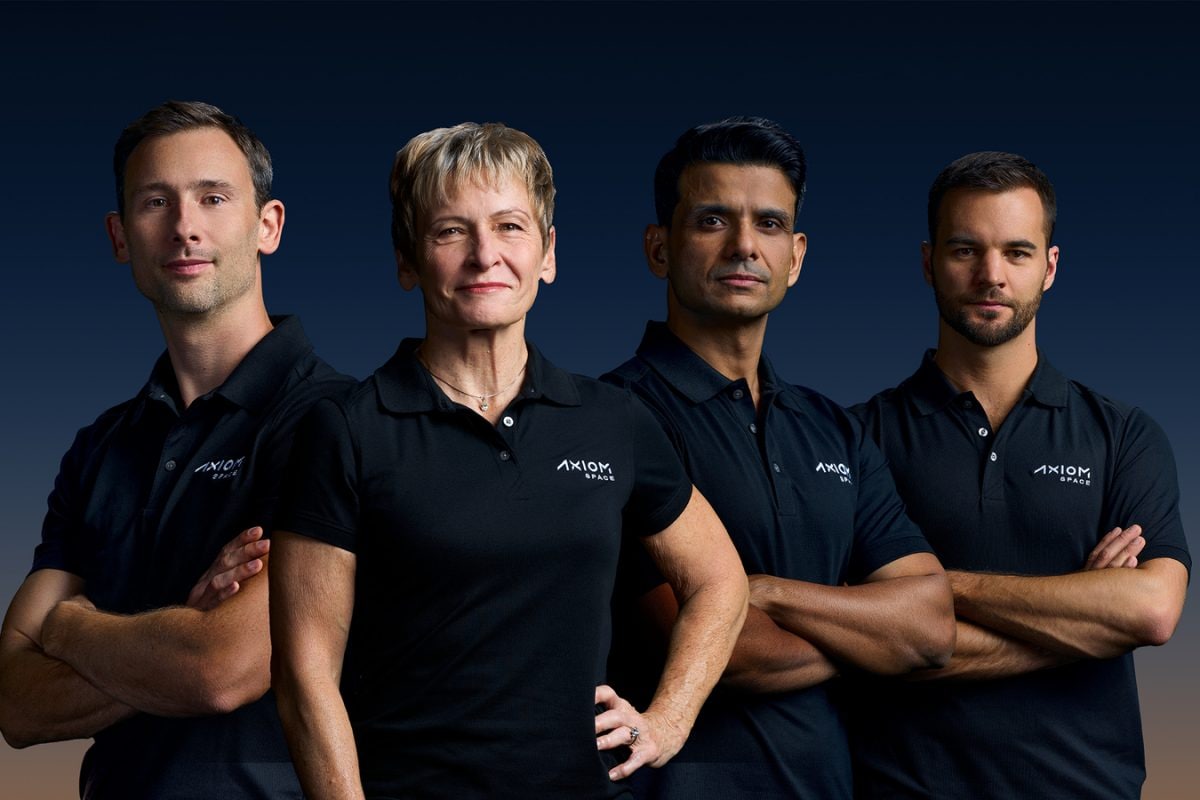

NASA has once again delayed the launch of the Axiom Mission 4 (Ax-4) to the International Space Station (ISS), initially scheduled for June 22. This postponement marks the latest in a series of delays for the mission, which includes Indian astronaut Shubhanshu Shukla as the pilot, along with commander Peggy Whitson, a former NASA astronaut, and mission specialists Sławosz Uznański-Wiśniewski from Poland and Tibor Kapu from Hungary. A new launch date is yet to be determined.
The decision to postpone the launch was announced on Friday, June 20, with NASA citing the need for additional time to evaluate the operational readiness of the International Space Station following recent repair work on the Zvezda service module. This module, built by Russia, is a critical component of the ISS, providing essential life support, living quarters, and systems for data processing, flight control, propulsion, and communication. Given the interconnected nature of the ISS systems, NASA wants to ensure that the station is fully prepared to support the arrival of additional crew members.
According to NASA, inspections were conducted by cosmonauts aboard the ISS on the pressurized module's interior surfaces. These cosmonauts sealed additional areas of interest and measured the current leak rate. NASA is collaborating with Roscosmos, the Russian space agency, to thoroughly assess the situation after the post-repair efforts on the Zvezda module. The repeated delays have stemmed from a combination of technical issues, weather conditions, and safety concerns. Earlier postponements were attributed to a liquid oxygen leak detected in the SpaceX Falcon 9 rocket, which is set to propel the Crew Dragon C213 spacecraft carrying the Ax-4 crew. Other reasons included electrical harness concerns in the Crew Dragon module and unfavorable weather conditions at the launch site at NASA's Kennedy Space Center in Florida.
The Axiom-4 mission is significant for several reasons. It represents Axiom Space's fourth private astronaut mission to the ISS, furthering the commercialization of space and enabling activities such as scientific research, technological development, and space tourism. For India, the mission is particularly noteworthy as Shubhanshu Shukla will be the second Indian to travel to space, following Rakesh Sharma's mission in 1984. Shukla's role as pilot highlights India's growing capabilities and collaboration in human space exploration. During the 14-day mission, the Ax-4 crew will conduct a variety of scientific experiments. Shukla is expected to lead research in areas such as food and space nutrition, cognitive effects of screen use, microbial adaptation, muscle atrophy, and crop resilience in microgravity, some of which are developed by ISRO and other Indian institutions.
Despite the repeated delays, the crew remains in quarantine in Florida, ready to launch as soon as the station is deemed ready. The SpaceX Falcon 9 rocket and Dragon spacecraft are reported to be in good condition at Launch Complex 39A at NASA's Kennedy Space Center, awaiting the green light for launch. NASA, Axiom Space, and SpaceX have expressed their appreciation for the historic nature of this mission, not only for the participating nations of India, Poland, and Hungary, but for the world, underscoring the international collaboration that defines modern space exploration.